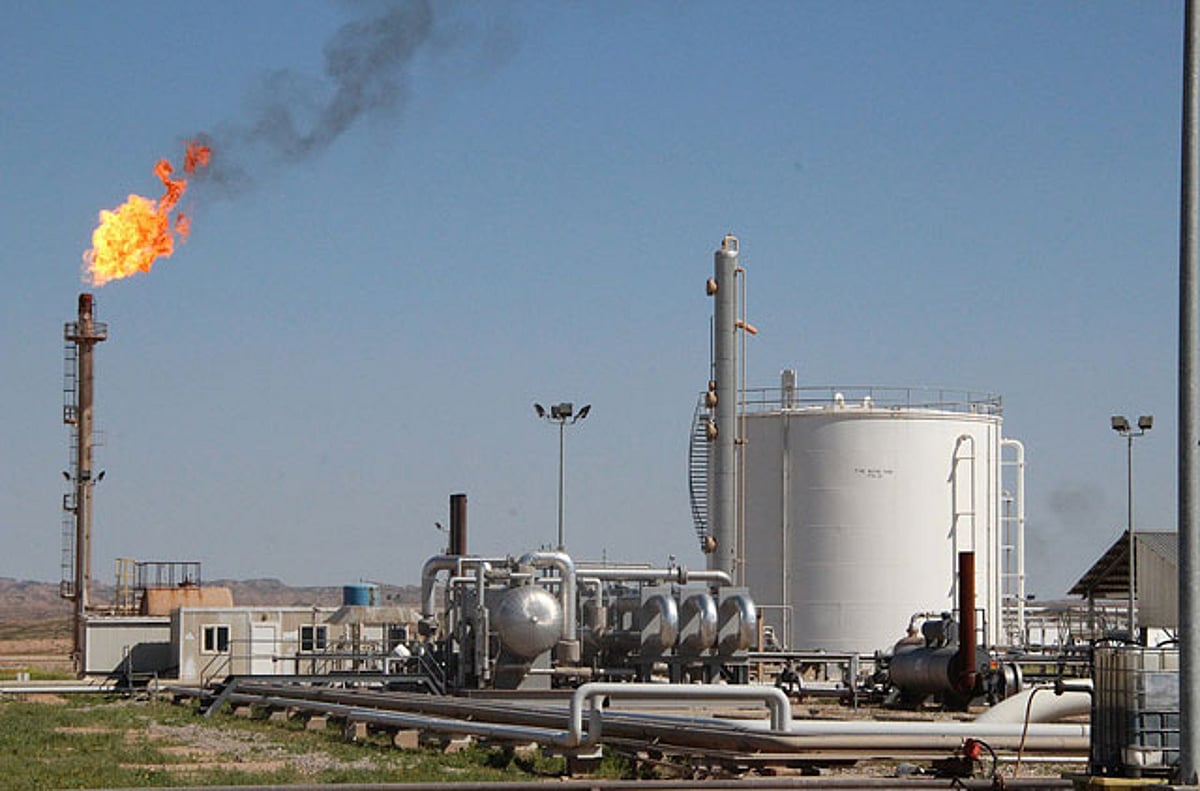Major infrastructure milestone
KM250 ranks among the largest private energy infrastructure builds in Iraq in recent years.
6.2 million man-hours and over 6,000 tonnes of steel were delivered.
10,000 workers were employed at the project’s peak.
Financing came from the Bank of Sharjah, the U.S. Development Finance Corporation (DFC), and proceeds from Pearl Petroleum’s $350 million bond listed on the Nordic Alternative Bond Market.
Pearl Petroleum was set up in 2009 as a consortium, with Dana Gas and Crescent Petroleum serving as joint operators and each holding a 35% equity stake.
OMV, MOL, and RWE later joined the partnership, each acquiring a 10% share. Today, Pearl Petroleum supplies natural gas to four power plants across the KRI, meeting over 80% of the region’s power needs and serving more than six million people.
Boost for Iraq’s energy sector
The expansion will enable production of an additional 7,000 barrels per day of condensate and 460 tonnes per day of LPG, supplementing Khor Mor’s existing output.
State-of-the-art upgrades — including AI-based monitoring systems and high-efficiency compressors — will enhance operational efficiency and lower emissions.
Majid Jafar, CEO of Crescent Petroleum and Managing Director of Dana Gas, said the achievement reflects the consortium’s “commitment to unlocking Iraq’s vast energy resources” and supporting local development through “cleaner, more reliable energy.”
Dana Gas CEO Richard Hall added that assuming direct project oversight helped “restore momentum and deliver results” in the absence of the main contractor, calling the early completion “a major milestone” that strengthens the company’s production and revenue outlook.
Next steps and broader impact
With KM250 operational, Crescent Petroleum and Dana Gas plan further appraisal and expansion at Khor Mor and Chemchemal to unlock additional gas reserves.
Through Pearl Petroleum, the consortium supplies over 80% of KRI’s power needs, serving more than six million people and helping avoid 59 million tonnes of CO₂ emissions by replacing oil and diesel with natural gas.
The partners have also achieved carbon neutrality, cutting greenhouse gas emissions by over 20% in 2024 and reducing energy consumption by 5%.
Justin is a personal finance author and seasoned business journalist with over a decade of experience. He makes it his mission to break down complex financial topics and make them clear, relatable, and relevant—helping everyday readers navigate today’s economy with confidence.
Before returning to his Middle Eastern roots, where he was born and raised, Justin worked as a Business Correspondent at Reuters, reporting on equities and economic trends across both the Middle East and Asia-Pacific regions.

